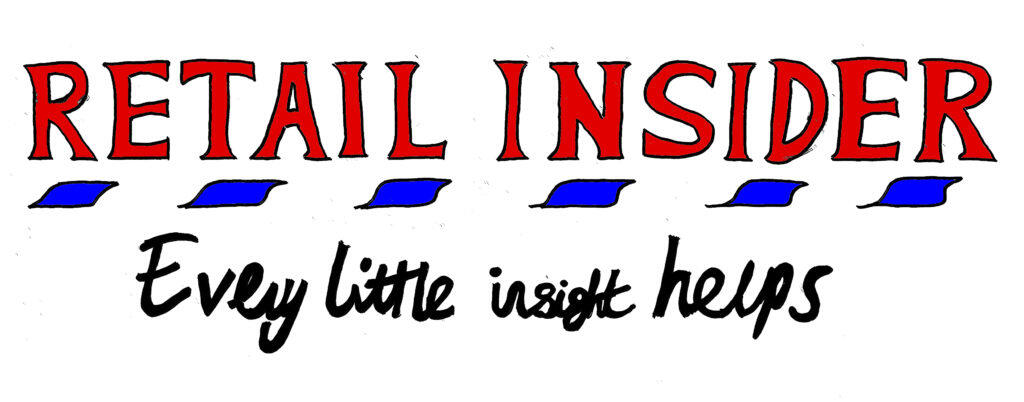Teen Panel part three: sustainability

This is the third and final part of our series talking to a group of young teenagers about their views and habits around shopping, leisure and technology. The theme this week is sustainability and corporate and consumer responsibility as we tried to find out how it affects their brand and company perception, and what practical effect that has on their spending.
Although the panel were all very aware of the green agenda and how fast fashion, for example, impacts on the environment, there was also a broad feeling that eco products often entail a much higher cost.

One panellist noted: “As you get older and you earn your own money then I will be able to take more notice of this. Right now I just buy what is cheapest.” All participants associated words like organic and sustainable with a much higher financial cost than non-eco alternatives.
Discussing companies which they regard as problematic for CSR issues, Amazon came up most frequently both for the amount of deliveries and for workers’ rights. One girl said she “would think twice about ordering from them” while a second commented: “There are lots of allegations about Amazon. Look at their workers – they can’t even go to the bathroom.” However, the panel conceded that none of this would probably cause them to stop using Amazon.
The same theme came up several times – the disconnect between knowing something had problems and still feeling a need to use it. Interestingly, none of the teens were able to name companies they thought of as selling slow fashion although they were all familiar with fast fashion naming “Zara, H&M, Primark and Nike”. Again one respondent said she would usually “prioritise what the clothes look like” as another added that when brands were cheaper on Amazon such as a recent Speedo purchase she would continue to use the e-commerce giant over the brand website. As one teen put it: “It’s like McDonald’s versus an independent baker. It’s easier but not very good.”
This belief in the higher cost of goods also persisted into areas of purchase where it could sometimes be untrue such as book retailing. “Independent bookshops are very expensive, I will look in the shop and then order online somewhere,” said one. Consumer reviews were held to be important with everyone saying they both read them and gave them credence.
We then asked how the panel felt about buying second hand or from charity shops, the response was largely favourable. “I will buy secondhand as long as is isn’t broken, dirty or stained” asserted one while others agreed that the money goes to good causes.
On deliveries the girls were slightly wary of click & collect fearing “hidden charges if it is far away” or order mistakes between warehouse and store. However, one noted that girls’ clothes shops in the UK in general don’t really know what people want to wear meaning that a friend of hers “has to buy from weird Chinese websites for her different aesthetics where the delivery takes a month to arrive but she has no choice because our high street shops don’t sell any of this stuff”.
The idea of renting clothes also found broad brush favour with the panel. No one objected to the idea and everyone concluded it was perfectly acceptable to do so for a high-profile one-off event although they were less convinced of the benefit for everyday wear.
Glynn Davis
